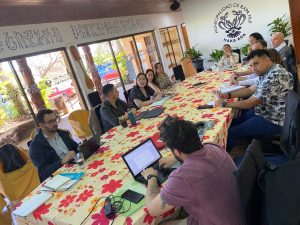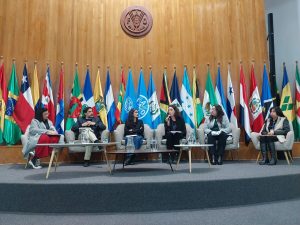An intense week of work included meetings and workshops with local stakeholders to review and complement a preliminary ten-year investment...
Rimisp and UNHCR collaborate to build capacity of community leaders in Arica, Chile
The training program “Community Leaders and Promoters” was held at the Jesuit Migrant Service in Arica on July 25 and 26.
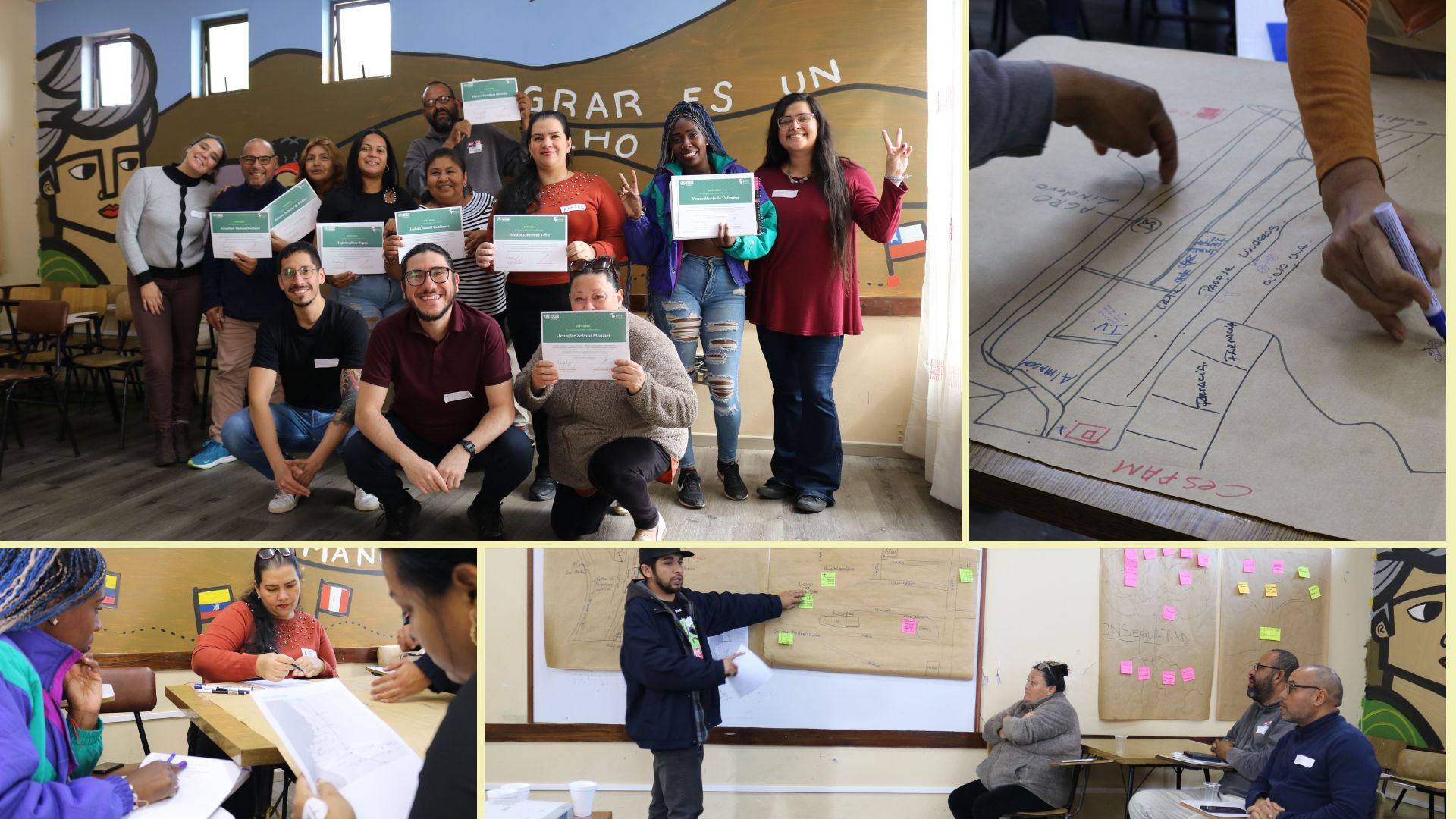
The initiative, organized by UNHCR, the UN Refugee Agency and Rimisp – Latin American Center for Rural Development, sought to provide tools, competencies and social skills so that participants could recognize and strengthen their organizational capacity, foster the creation of trusting links and community participation.
The main topics addressed in the workshops included:
- Human rights and human mobility.
- Leadership and conflict resolution.
- Participatory methodologies, such as the problem tree.
- Citizen participation and public advocacy.
- Communication and advocacy.
Patricio Carrasco, researcher and coordinator of Rimisp’s outreach programs, noted that with the workshops “we seek to contribute to the empowerment of community leaders with concrete methodologies, such as the problem tree or interactive maps, so that they can co-design alternative solutions to public problems that affect them. We believe that by strengthening their participatory capacities, we are supporting their path towards wellbeing and social cohesion”.
THE VOICES OF THE PARTICIPANTS
Nine community promoters from Chile, Colombia, Peru and Venezuela participated in the workshop. Below, we share the voices of three of them:
Venuz Hurtado highlighted the impact of the workshop on her work with migrant women, focusing on skills, knowledge and mental health. “I was fascinated by the methodologies because it’s something I’m going to start implementing a lot in my day-to-day work.” She also valued the opportunity to interact with leaders of other nationalities, including Chileans, and learn new tools, such as mapping. “I was delighted to meet colleagues who do other types of social work because that speaks very well of us migrants,” she said.
Jennifer Zelada described the workshop as “very rich in terms of human quality”. She stressed the importance of learning and the information acquired to “be able to dimension and flow all this information to the community”. She also highlighted the relevance of mapping to “expand this information” and make the communities “an anchor” to add more assets in the mappings. She thanked the professionals and colleagues for their human qualities, and expressed her wish for this type of initiative to continue.
Jonathan Vielma took away from the workshop the conviction that “it is important for every leader to have the tools for effective, efficient and effective participation”. His community work focuses on accompanying the Venezuelan migrant community, offering spaces for listening and knowledge to guide them in their new homeland. For him, the exchange with other leaders of different nationalities was key to find “common elements” and build “common projects” that promote a “good life and living well”.
News
Country News
Rimisp participates in IV Decentralization 2025 Congress in Chile
Rimisp researchers Carolina Olcay and Natalia Slachevsky prepared the presentation comparing case studies in Chile, Ecuador and Peru.
In order to transform the territories, communities must be listened to
Rimisp presented at an international seminar celebrating 10 years of the "Small Localities" program in Chile.
Subscribe
Our offices:
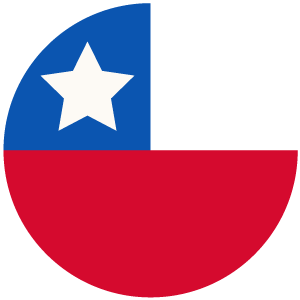
- Chile: Huelén 10, Providencia, Santiago, Metropolitan Region (+56-2) 2236 4557 | Fax (+56-2) 2236 4558.
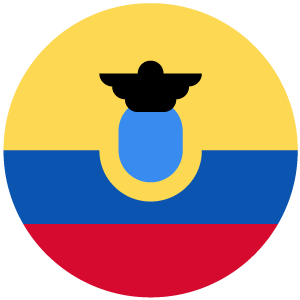
- Ecuador: Czechoslovakia E9-95 between Switzerland and Moscow. Eveliza Plaza Building. Ground Floor. Quito. (+593-2) 5150144.
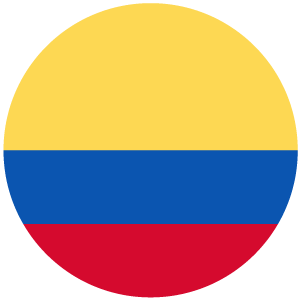
- Colombia: Carrera 9 No 72-61 Office 303. Bogotá. (+57-1) 2073 850.
